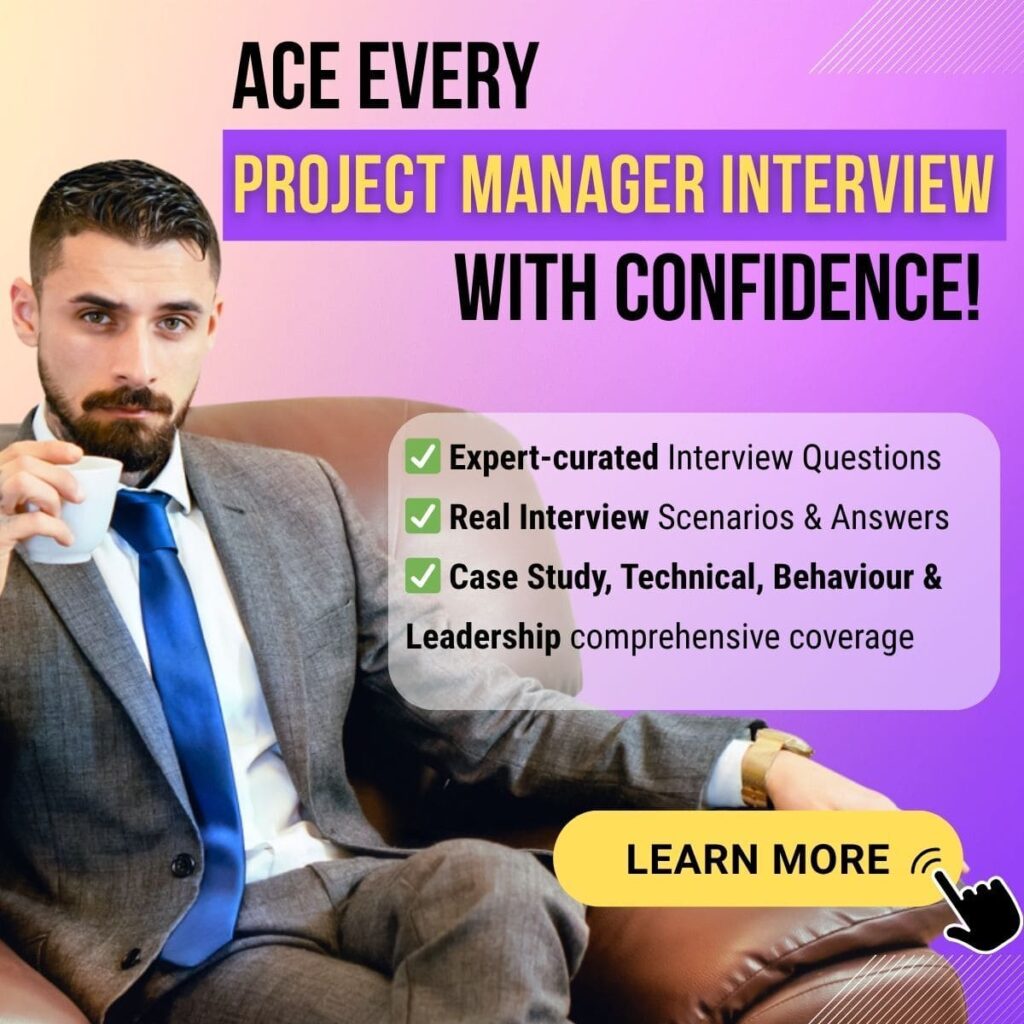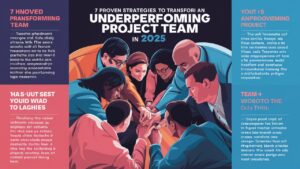Who is your Role Model – Sometimes You may hear this question during an Interview and obviously you need to answer. This question is asked not to evaluate a person but to know how good his role model is and what characteristics he follows from his role model to check one’s personality in an indirect way. So while you are talking about your role model you are also giving hints about your personality to the Interview panel.
Everybody has had a mentor, hero, or supervisor who has been inspiring. Interviewers sometimes ask applicants “Who is a role model?” While it may not necessarily be a tough question to answer, it can throw you if you’re not prepared.
Interviewers sometimes ask candidates to name someone who constitutes a personal hero, role model, or significant influence. The question commonly appears phrased in two parts: “Who is Your Role Model? Why?” Applicants must choose one person to focus on and explain in detail why said individual stands as an inspiration. The question helps interviewers determine if job seekers fit with corporate culture. Selecting the right person as an answer shows the employer commitment to ideas in line with company needs. Several choices, both good and bad, persist as common selections given by interviewees.
To answer this question, think of people who embody the qualities that you most admire and that would be most valued in the position you’re applying for. Explain why you look up to them and how they have influenced you either directly or indirectly.
Profile Review & Recommendation
Expert-Driven Profile Review &
Recommendations

Let our expert look into your CV, Cover Letter, Naukri & LinkedIn Profile to turn your profile into the top 1% of professional profiles.
INR 1,999
- Naukri Profile Review & Recommendations
- Resume Review and Expert Recommendations
- LinkedIn Profile Review & Recommendations
- Cover Letter Templates Download
- Latest Resume Templates Download
- Personalized, tailored feedback
- ETA: 3- 5 Days
Self-Service Profile
Optimization

Access expert-curated guidelines, sample reviewed files, & step-by-step instructions to optimize your CV, Cover Letter, Naukri & LinkedIn Profile.
INR 499
- Guidelines for Profile Optimization (Resume, Naukri, and LinkedIn)
- Access to Sample Reviewed Files for inspiration
- Step-by-Step Instructions to reframe your profile
- Cover Letter Templates Download
- Latest Resume Templates Download
- Immediate access to the files
If you choose a public figure, make sure you know something about them so your assessment is not based on purely superficial knowledge. This might require doing some research so you can speak about them in an informed way. For many people, their role model is a personal acquaintance such as a parent or a close friend. You could nominate your mother or father as your role model because of the way they lead by example, their selflessness and the way they instilled you with good, solid values. Perhaps you watched them overcome great personal challenges, from which you learned many important lessons
If the question comes up, be ready to tie your response to the job for which you’re interviewing. Keep a couple of people in mind so you have options based on how the interview is going. Be sure to select professional influences, not your parents, partner or pastor. You want to use this easy question as an opportunity to continue to bring out your match to the job.
Some of the qualities which you admire in your role models could include resilience, determination, integrity, intelligence, humor, kindness, selflessness, high achievement, strength or an amazing work ethic.
One of the most common mistakes applicants make when answering questions about personal heroes remains choosing a controversial figure. Political and religious leaders may seem like positive choices; however, everyone possesses different biases and opinions and may not share candidate assessments of said individuals.
To prevent the possibility of interviewer bias, candidates should select a role model unlikely to prove known on a large scale. A friend or family member constitutes a safe reply, in most cases. Community members and teachers may also persist as positive responses. With any reply, applicants must explain how the person inspires by example in a way relevant to the job at hand.
Describing traits such as honesty, integrity, and leadership, as well as listing accomplishments the person achieved, may effectively illustrate the influence of said individuals on candidates.
Remember to keep the stories short while answering who is your role model? and have fun with it. This can be a great opportunity to showcase some personal qualities and how they will help you excel at the position you are applying for by answering who is your role model question.







